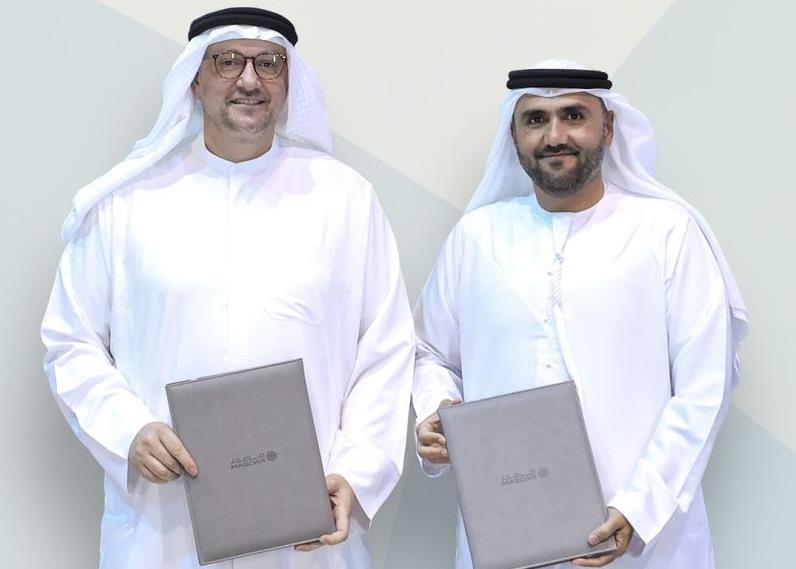
The five-day Future Vision of the Saudi Economy symposium, organised by the Planning Ministry and the World Bank, closed on 23 October with a ringing call for action across all areas of government and business to address long-term issues from unemployment to local government modernisation.
About 2,000 delegates from the kingdom and abroad registered to attend the event, held at the King Faisal Hall in Riyadh. A total of 19 sessions were addressed by 150 government officials, representatives of supranational agencies and international experts in the largest event of its kind held in the kingdom and the World Bank's biggest-ever regional symposium.
Focusing on economic diversification, private-public partnerships, human development and the new economy, the conference was addressed by Crown Prince Abdullah, the first deputy prime minister, 13 cabinet ministers responsible for economic, financial, industrial and social policy, the governor of the Saudi Arabian Monetary Agency (SAMA - central bank) and heads of economic agencies. The sessions included lively question-and-answer sessions open to all, which were actively used by members of the Majlis al-Shura (consultative council) to quiz ministers and senior officials about a host of pressing issues.
'It has been a success beyond our expectations,' said Prajapati Trivedi, resident World Bank economist in Riyadh. 'It was unique for three reasons: for the detailed preparation of the papers and the speakers, the size of event and the focus on participation and implementation.'
The symposium was opened by Crown Prince Abdullah, accompanied by Second Deputy Prime Minister and Minister of Defence & Aviation Prince Sultan, and keynote speakers included Malaysian Prime Minister Mahathir Mohammad and Pakistan's Finance Minister Shaukat Aziz, who was managing director of Saudi American Bankin the 1980s. Most sessions included acknowledgement of the problems facing the Saudi economy, gaps in policy and the need for change to address the challenge of a rapidly growing population. Ministers, officials and business people from the kingdom consistently called for a reduced role for government, greater activity by the private sector, liberalisation, privatisation, transparency and more openness to international involvement and investment.
The tone for the event was set in a keynote speech by Finance & National Economy Minister Ibrahim al-Assaf. 'Dependence on oil revenues and consequently public spending as the main driving force for economic activity has made our economy vulnerable to changes in the international oil markets,' he said. 'Heavy dependence on a main source of revenue linked to developments in the world economy and conditions in oil markets constitutes a major challenge to the fiscal policy of the kingdom.'
The policy documents presented to the conference, which comprise thousands of pages of analysis and data, are to be studied and used by the Planning Ministry in the preparation of a long-term strategy document covering the years to 2020 and beyond.
You might also like...

Neom seeks to raise funds in $1.3bn sukuk sale
19 April 2024

Saudi firm advances Neutral Zone real estate plans
19 April 2024

Algeria signs oil deal with Swedish company
19 April 2024

Masdar and Etihad plan pumped hydro project
19 April 2024
A MEED Subscription...
Subscribe or upgrade your current MEED.com package to support your strategic planning with the MENA region’s best source of business information. Proceed to our online shop below to find out more about the features in each package.




